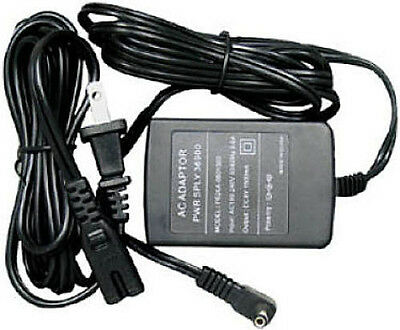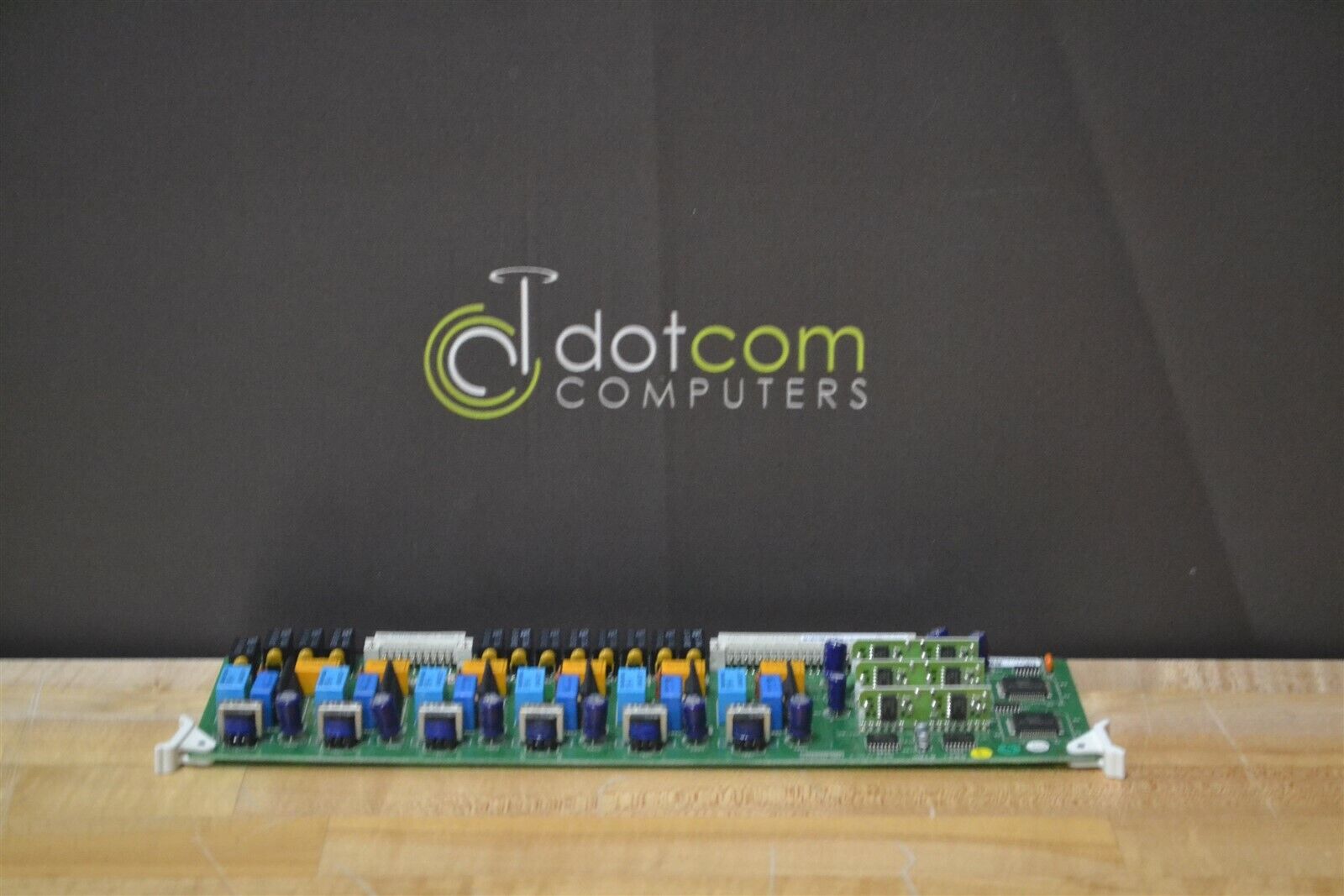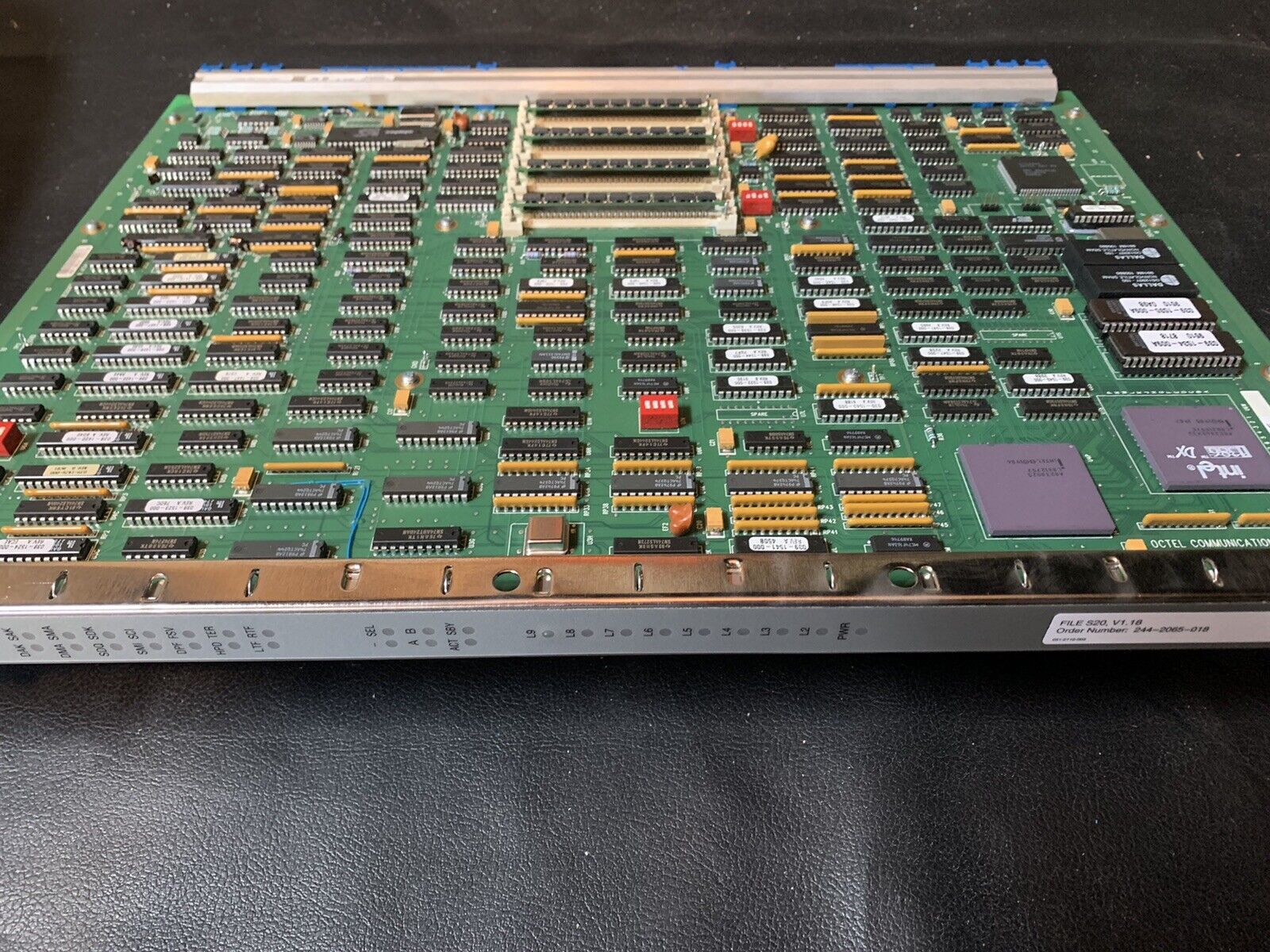-40%
Dialogic D4PCIUFEQ D4PCIUFEW Fully Tested
$ 208.56
- Description
- Size Guide
Description
Used Dialogic D/4PCIUFEQ 310-935 4 port analog telephony board for PCI-E (PCI Express) Removed from working server. Cards tested. Lines checked.The D4PCIUFEQ 88744034 310-935 is a 4-port analog PCI telephony board with voice + fax capabilities. The cards are often used in auto dialer and voice mail applications. The D4PCIUFEQ was formerly known as D4PCIUFEW. Features include:
4″ x 7″ – half length card
RoHS (Restriction of Hazardous Substances Directive) Compliant
PCI Express (PCI-E or PCIe) interface
4 RJ-11 analog telephone ports
Install multiple cards in chassis for more than 4 lines
The Dialogic® D/4PCIUFEQ (voice + fax) and D/4PCIU4S (voice + speech/ CSP) media boards are 4-port analog PCI or PCI Express half size boards that are part of the family of Dialogic® JCT Media Boards. Dialogic® JCT Media Boards – including these models - can be used by developers to provide small- and medium-sized enterprise Computer Telephony (CT) applications that require high-performance voice and fax processing. Among the features and benefits of these boards, and other Dialogic® JCT Media Boards, are the following. They use Digital Signal Processor (DSP) voice processing technology, making them well-suited for server-based CT systems under Windows and Linux. They also provide a powerful platform for creating sophisticated Interactive Voice Response (IVR) applications for the small and medium-sized enterprise market segment. Their Caller ID support lets applications, such as IVR, receive calling party information via a telephone trunk line; Caller ID is supported for North America (CLASS protocol), the United Kingdom (CLI protocol), and in Japan (CLIP protocol). Features such as fax and software-based speech recognition processing enable unified messaging applications. They also provide Automatic Gain Control (AGC), so even a weak telephone signal can be recorded and replayed with clarity.











